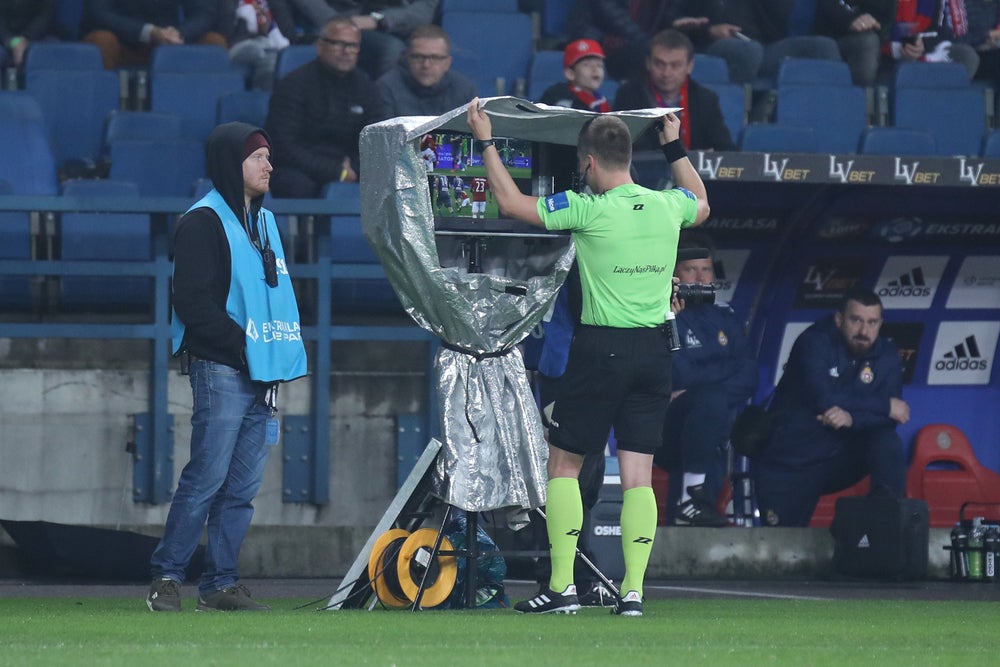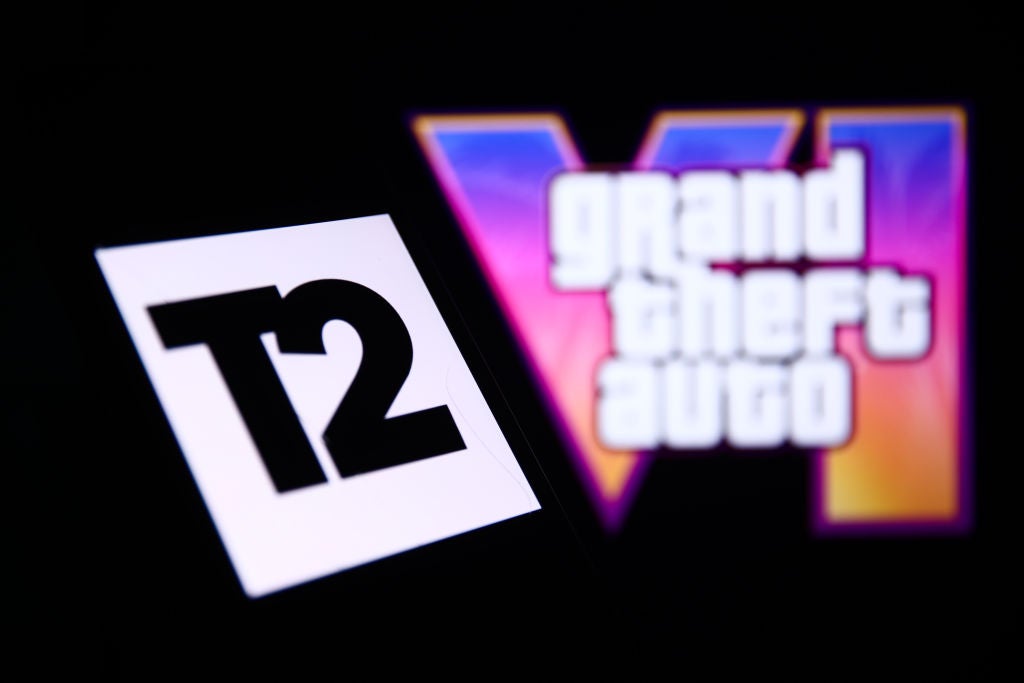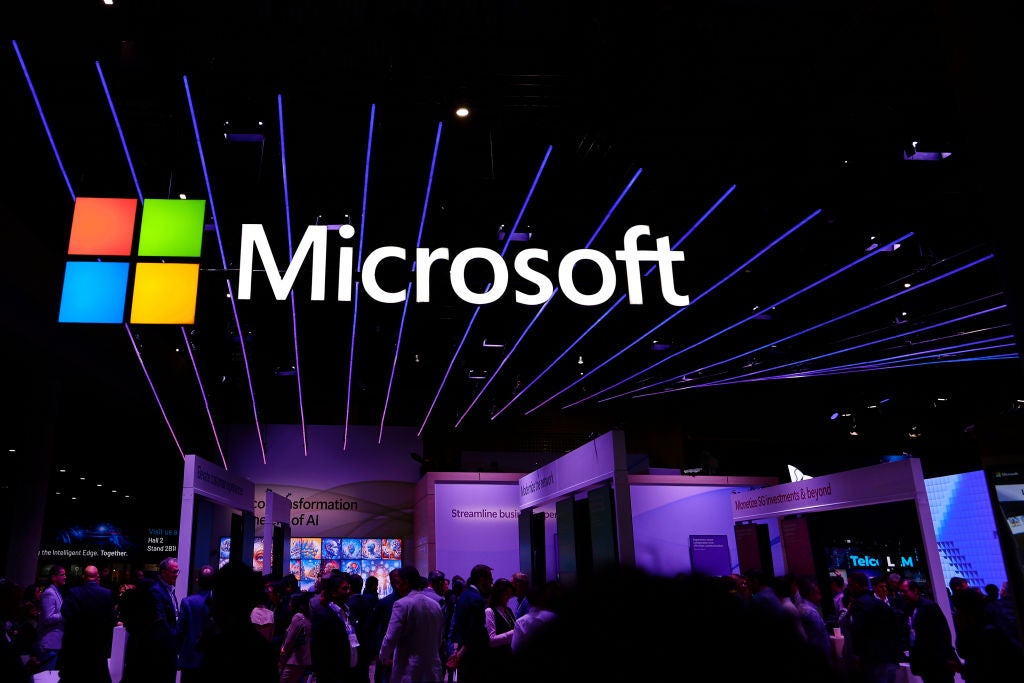
When the Video Assistant Referee (VAR) system was introduced to the English Premier League (EPL) at the start of the 2019/20 season, many hailed it as a positive step—albeit with a few reservations—that would enable on-field referees to make more correct decisions.
In the 12th Grade, I remember David Dein, Arsenal’s former Vice-Chairman and pivotal figure in the founding of the Premier League, visiting my school in 2016 and advocating for VAR’s implementation as a “no-brainer”.
However, VAR has been mired in controversy since its inception. This controversy recently reached its fever pitch following a “significant human error” made by the VAR during Tottenham Hotspur’s 2-1 victory over Liverpool in Matchweek 7.
After the game, two main arguments emerged on ‘Football Twitter’—a subsection of X, formerly Twitter, where individuals tweet about soccer—that sought to explain the reasoning behind VAR’s failure in the fixture, as well as in the EPL more widely. One argument blamed it on the incompetence of the EPL’s VAR officials, while the other raised suspicions of corruption within their ranks.
Understanding VAR and its technology
The VAR system is designed to support the decision-making processes of on-field referees in select game-changing situations, such as awarding goals and direct red cards. The technology underpinning VAR leverages advanced smart cameras, synchronized to the microsecond, providing a VAR team—consisting of the VAR and three Assistant VARs—with multiple camera angles and high-definition imagery for analysing critical incidents on the field.
The VAR can recommend an on-field referee to review an incorrect decision if it meets the threshold of being a ‘clear and obvious error’, after which the on-field referee has three options: overturn the decision based on the VAR’s guidance, adhere to their original decision, or assess the incident themselves on a side-line monitor.
How well do you really know your competitors?
Access the most comprehensive Company Profiles on the market, powered by GlobalData. Save hours of research. Gain competitive edge.

Thank you!
Your download email will arrive shortly
Not ready to buy yet? Download a free sample
We are confident about the unique quality of our Company Profiles. However, we want you to make the most beneficial decision for your business, so we offer a free sample that you can download by submitting the below form
By GlobalDataVAR’s failure in Tottenham Hotspur’s 2-1 Victory Over Liverpool
The controversy surrounding VAR recently reached its fever pitch during Tottenham Hotspur’s 2-1 win over Liverpool in Matchweek 7. In the 34th minute, Liverpool’s Luiz Diaz had a goal incorrectly ruled out as offside by on-field referee Simon Hooper. The VAR, Darren England, mistakenly believed the goal had been awarded, thus no on-field review was recommended, and play resumed with the score at 0-0.
Subsequently, the Professional Game Match Officials Limited (PGMOL), the governing body overseeing officiating in English professional soccer, issued an apology, citing a “significant human error” by the VAR. This marked the 14th apology statement issued by the PGMOL for VAR-related blunders.
Following the game, two main arguments emerged on ‘Football Twitter’ that sought to explain the reasoning behind VAR’s failure in the fixture, as well as in the EPL more widely.
Argument #1 – The incompetence of the EPL’s VAR officials
The first of the main arguments attributed VAR’s failure to the incompetence of the EPL’s VAR officials, absolving the technology itself of blame. Fans explicitly expressed this view, with one asserting, “Its not the technology, it’s the officials”, and another suggested, “These officials are shambolic and VAR has lost its purpose under them.”
Supporters argued that the technology underpinning VAR was sufficient, and thus, the officials had “NO excuses…to get the critical moments so terribly wrong.” The incompetence of the EPL’s VAR officials was accused of “ruining the sport” and undermining the “integrity of the Premier League table.” As former Tottenham Hotspur striker Darren Bent alluded to, this incompetence has tested fans’ “patience with VAR” more broadly.
Argument #2 – The corruption of the EPL’s VAR officials?
The second of the main arguments pinned VAR’s failure on the corruption of the EPL’s VAR officials, while again acknowledging that the technology itself was not at fault. Some fans implicated the entire PGMOL, accusing it of enabling “straight and utter fraud to take place.”
However, such tweets did not delve into the motivations behind the alleged corruption. Other fans pointed fingers at the specific VAR officials in charge of the match, suggesting their “bank accounts, crypto accounts, investment accounts, and title deeds for property” should be checked, insinuating financial misconduct.
Furthermore, some proposed that favouritism towards particular teams played a role, with one user providing a thread detailing all of the “corrupt VAR decisions against Liverpool”; ironically, ESPN data found Liverpool was among the top three EPL clubs that benefitted from VAR decisions in the 2022/23 season.
While it may be tempting to dismiss corruption claims as part of the broader trend of online misinformation and Trumpian-like, Covid-era conspiracy theories, they warrant due consideration. Take recent comments from former EPL referee Mike Dean, who revealed that during a fixture last season between Chelsea and Tottenham Hotspur, he “ignored a VAR call” to spare on-field referee Anthony Taylor from further “grief” following a particularly challenging match.
Moreover, corruption at the highest echelons of soccer is not unprecedented. Barcelona was recently charged with suspected corruption, involving alleged payments from 2001–2018 to a company owned by a former vice president of Spain’s referees’ committee, aimed at influencing match outcomes. Similarly, five Italian clubs were implicated in the ‘Calciopoli’ (‘Footballgate’) scandal that came to light in 2006. These clubs were found to have manipulated referee appointments in their favor.
For the record, I [Jordan Strzelecki] do not believe corruption played a role in VAR’s failure during Tottenham Hotspur’s 2-1 victory over Liverpool or in its broader issues in the EPL. Regarding the incident in focus, fans clamoured for the release of relevant audio from the VAR room to “stop accusations of match-fixing and prove it was a simple human error”. In an unprecedented move, the PGMOL group complied with this request. The audio reveals the error stemmed from a failure of communication among the VAR officials. In essence, incompetence was the root cause.
VAR and the deeper integration of technology into soccer
Ultimately, VAR, along with the increased integration of technology into soccer, benefits ‘the beautiful game’. In both arguments that emerged on ‘Football Twitter’ following VAR’s failure in the aforementioned fixture, the technology underpinning the VAR system was absolved of blame.
Regardless of whether you lean towards the incompetence or corruption argument, human error is the common denominator. In fact, the adoption of VAR has led to more accurate decisions in each EPL season since its introduction, according to the Premier League’s data. For all the controversy surrounding VAR’s failure, it is worth noting that Liverpool’s Luiz Diaz’s goal would have been wrongly disallowed as offside even without VAR.
VAR, at the very least, offers the chance to rectify such decisions; the incompetence of the EPL’s VAR officials let the system down but this can be improved moving forward.
Furthermore, the recent VAR controversy has ignited calls for deeper technological integration into the EPL. Figures like former Manchester United right-back Gary Neville have championed the implementation of World Cup-style semi-automated offside technology in the EPL.
Now, the introduction of VAR to the EPL at the beginning of the 2019/20 season aligns with the broader trend of increased utilization of the Internet of Things (IoT)—which describes the use of connected sensors and actuators to control and monitor the environment, the things that move within it, and the people that act within it—in various sports, as highlighted by GlobalData.
The company forecasts that the global IoT market will reach $1,077 billion by 2024. Despite the sports industry typically lagging in technology adoption, clubs are embracing it. GlobalData suggests prioritizing technology like AI, with semi-automated offside rulings as a prime example, particularly in decision-making aspects of soccer.
While VAR has faced its fair share of controversies, its implementation, coupled with a more comprehensive integration of technology in soccer, addresses human errors that are inherent in the sport. This, ultimately, is a boon for ‘the beautiful game.’





